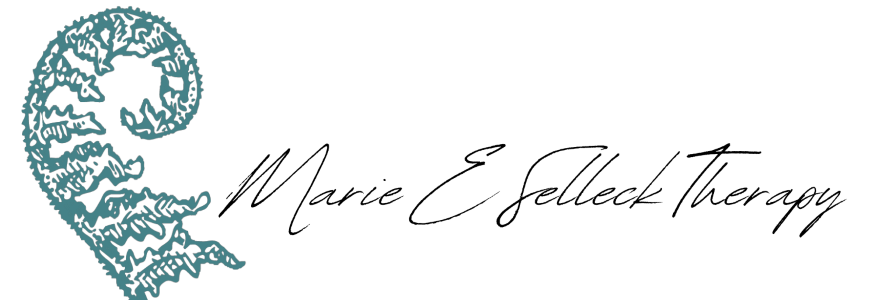The Anxiety Paradox: How Our Bodies Confuse Thoughts with Threats
When you feel scared or worried, your body goes into survival mode. This is from ancient times when humans had to fight off scary animals. Even if there is no real danger now, your brain still thinks there is and makes your body react strongly. Learning about this can help you stay calmer. You can then use tricks like deep breaths to get your rational brain back in control.
When Bonds Bruise: Recognizing Attachment Wounds
Signs of an attachment wound include craving closeness but pushing people away, rigid relationship expectations, struggling to trust, intense emotions, insecure self-image, and unhealthy coping mechanisms. These stem from inconsistent bonding with caregivers in childhood, disrupting one's ability to form secure attachments as an adult.
The Draining Reality of People Pleasing
Learn the harsh truth about where the need to please stems from, how it sabotages relationships/mental health, and a 5-step plan to cultivate assertiveness, boundaries and self-compassion to battle anxiety. Featuring insights on dismantling distorted thoughts, defining personal wants, mastering the "no," and aggressive self-care.
What Is Cognitive Processing Therapy And Why Is It One Of The Best Treatments For Trauma?
Trauma from PTSD or CPTSD weighing you down? Cognitive Processing Therapy provides a powerful 12-week roadmap to escape those mental prisons. Through psychoeducation, belief reframing, and mastering trauma triggers, CPT helps you reclaim your life and identity beyond just "surviving." It's time to show PTSD who's boss.
Your Big Brain Betrayed: Why Intelligence Doesn't Matter in Substance Abuse
The truth? Addiction hijacks the brain in ways intelligence can't overcome. It's a cruel neural trick flooding you with dopamine reward hits, wiring cravings, eroding self-control. Telling yourself "I'm smart enough to stop" is futile against such primal neural forces. Learn to understand and re-wire your addicted brain instead.






